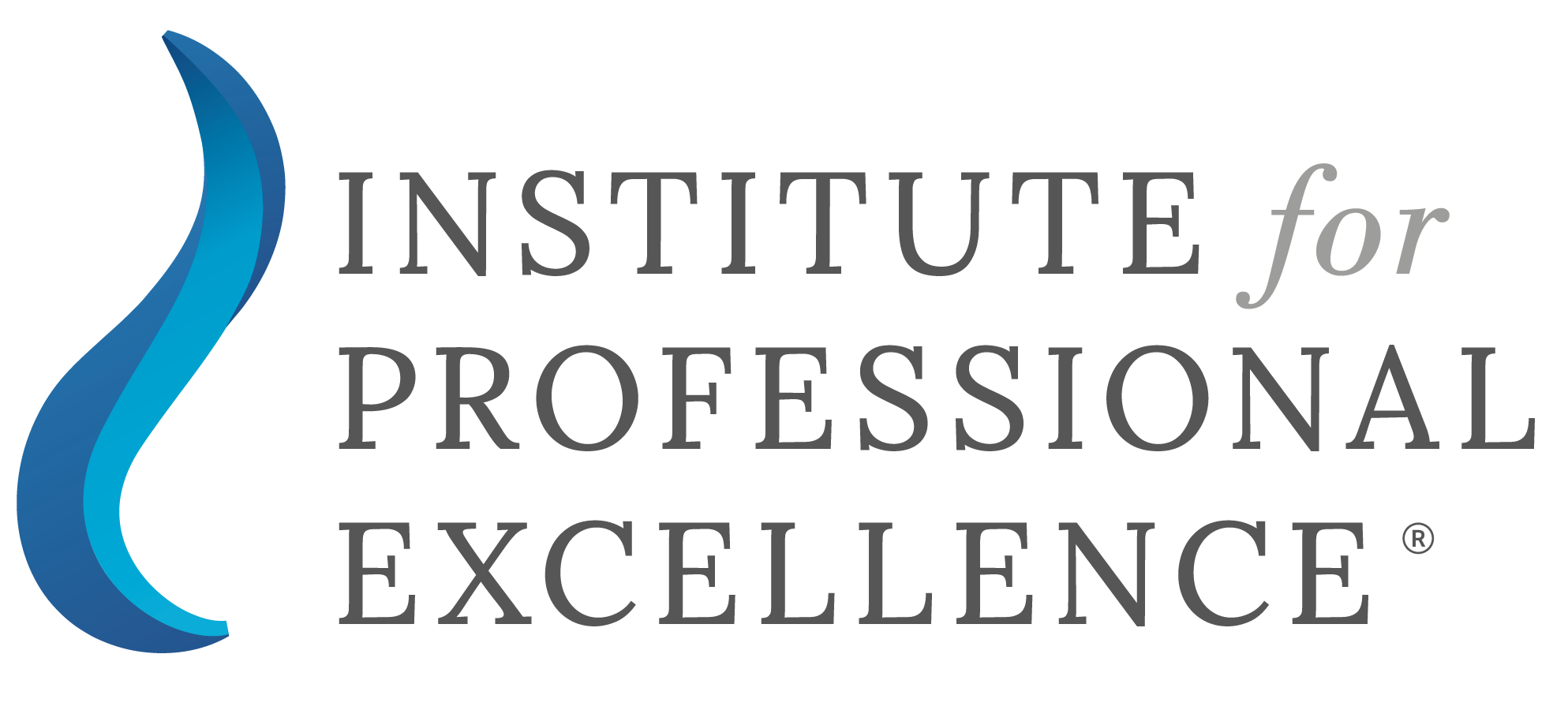Aug 7
/
Despoina Charalampous
Fundamentals of the GDPR Regulatory Framework in 2025
about the author
Despoina is a Maritime Affairs Officer at the Shipping Deputy Ministry of Cyprus, contributing to strategic development and regulatory alignment in the maritime sector.
With over five years of experience in regulatory compliance for financial services, she has supported Cyprus Investment Firms, CASPs, and other CySEC-regulated entities.
She also serves as a Course Instructor at IforPE and Associate of SALVUS Funds, designing CPD courses for compliance professionals. Her combined experience in enforcement and education provides valuable, up-to-date insights to those navigating evolving regulatory frameworks.
With over five years of experience in regulatory compliance for financial services, she has supported Cyprus Investment Firms, CASPs, and other CySEC-regulated entities.
She also serves as a Course Instructor at IforPE and Associate of SALVUS Funds, designing CPD courses for compliance professionals. Her combined experience in enforcement and education provides valuable, up-to-date insights to those navigating evolving regulatory frameworks.
As the digital economy continues to expand, the protection of personal data has become a central pillar of organizational trust, regulatory compliance, and ethical responsibility. In 2025, data protection is no longer an Information Technology (IT) concern alone, it is a core business priority.
With this blog post, Despoina Charalampous, an instructor at the institute, provides learners with an overview of why data protection is more crucial than ever and offer a high-level explanation of the GDPR regulatory framework. These concepts are explored in greater depth through the online course “Fundamentals of the GDPR Regulatory Framework in 2025”, now available on the IforPE platform.
With this blog post, Despoina Charalampous, an instructor at the institute, provides learners with an overview of why data protection is more crucial than ever and offer a high-level explanation of the GDPR regulatory framework. These concepts are explored in greater depth through the online course “Fundamentals of the GDPR Regulatory Framework in 2025”, now available on the IforPE platform.
The importance of Data Protection
In recent years, the pace and volume of data generation have reached record levels. By 2025, it is estimated that over 402 million terabytes of data are created every day, driven by advances in Artificial Intelligence, cloud services, and high-definition content streaming. Each data point, whether it's a delivery address, financial transaction, or GPS location, can trace back to a person, creating immense value and equally significant risk.
Data is routinely processed in activities such as:
- Online shopping and digital subscriptions
- Booking travel or appointments
- Paying bills via apps or portals
- Registering for loyalty programs
- Using mobile devices and wearable tech
- Online trading
The European Union’s Charter of Fundamental Rights underscores that data protection is not just a matter of best practice, it is a fundamental human right. Organizations that fail to safeguard personal data not only risk severe regulatory penalties but also erode public trust and brand integrity.
The GDPR Regulatory Framework
To address these concerns, the General Data Protection Regulation (GDPR) was formally adopted in April 2016, coming into full effect in May 2018. As the central framework governing data protection in the European Economic Area (EEA), the GDPR continues to set the standard for global data privacy regulation. Key elements of the GDPR Framework include among others:
1. Legal Principles of Data Processing:
- Lawfulness, fairness, and transparency
- Purpose limitation and data minimization
- Data accuracy and secure storage
- Accountability of data controllers and processors
2. Data Subject Rights:
- Right to access and rectify data
- Right to erasure ("right to be forgotten")
- Right to data portability
- Right to object to certain processing activities
- Right to be informed and give consent
3. Oversight and Enforcement:
- The European Data Protection Board (EDPB) ensures consistent application of GDPR across the EEA.
- National Data Protection Authorities, such as the Commissioner for Personal Data Protection in Cyprus, supervise local compliance and enforce corrective actions.
- The GDPR provides mechanisms for cooperation among authorities in cases of cross-border data processing.
The framework also outlines obligations for organizations to conduct Data Protection Impact Assessments (DPIA), maintain clear data records, and notify authorities in the event of a data breach.
What is “Fundamentals of the GDPR Regulatory Framework in 2025” course and what does it include?
This course has been developed and is delivered by Despoina Charalampous. It is designed for professionals working in data-intensive environments, including financial services, investment firms, fintech companies, and other regulated entities. By undertaking this course participants will gain a practical understanding of the evolution of EU data protection laws, the legal and ethical basis for data protection in the EU Charter, the core provisions and principles of the GDPR but above all practical compliance measures and best practices for 2025 and beyond.
Creating a robust data protection culture requires more than legal compliance. It requires a deep understanding of personal data rights, responsible data handling, and accountability at every level of the organization.
By completing this course, professionals will be equipped with essential skills and up-to-date knowledge, enabling them to confidently manage personal data risks and uphold GDPR principles in daily operations.
The syllabus of the "Fundamentals of the GDPR Regulatory Framework in 2025" includes:
- Introduction to the Data Protection Regulatory Framework
- Importance of Data Protection
- The global explosion of data
- The EU Charter of Fundamental Rights
- Reform of EU data protection
- Data Protection Regulatory Framework
- European Data Protection Board
- National Data Protection Authorities
- GDPR: General Provisions
- Terms & Definitions
- Principles to processing of personal data
- Conditions for consent
- Rights of data subject
- Controller & Processor
- GDPR: Security of personal data & Data breach
- Security of processing
- Transfer of data
- Data breach notification
- Data breach communication
- Data leaks case studies & fines
- Data protection impact assessment
- The role of the Data Protection Officer
-Designation
- Resources
- Tasks of the DPO
- Q&As
- GDPR Requirements for Investment & Financial Institutions
- Designation
- Resources
- Tasks of the DPO
- Q&As
- GDPR Gap Analysis
- Scope
- Risk evaluation and impact assessment
- Inspection Areas
- Shortcomings
- Corrective Actions
The “Fundamentals of the GDPR Regulatory Framework in 2025” course offers materials in both PDF slides and online video recordings, allowing for flexible, self-paced learning. Enrolled learners can study anytime and anywhere at their convenience.
After completing the course, participants can assess their understanding of the material through a set of knowledge-based questions.
Additionally, this course contributes to the annual Continuous Professional Development (CPD) requirements for professionals, including those with CySEC Advanced and Basic certifications.
Get in touch
If you have any questions about Despoina's course or any other questions related to your training requirements, please contact us; we would love to help.
If you have any questions about Despoina's course or any other questions related to your training requirements, please contact us; we would love to help.
From all of us at IforPE, the Institute for Professional Excellence,
Ancora Imparo
Ancora Imparo

#1 for CySEC, CBC, ICPAC & CBA CPD education
The Institute for Professional Excellence (IforPE)
Copyright © 2019-2025
The Institute for Professional Excellence (IforPE)
Copyright © 2019-2025
navigate
The Institute for Professional Excellence is protected under a registered European trade mark. The figurative trade mark registration number is 018854840. This trade mark is protected under the European Union's legislation.
